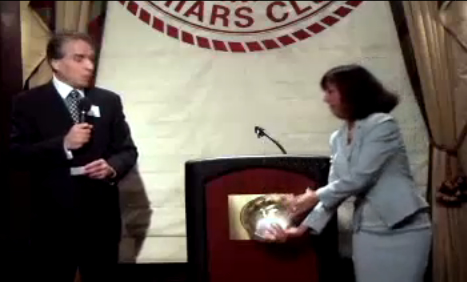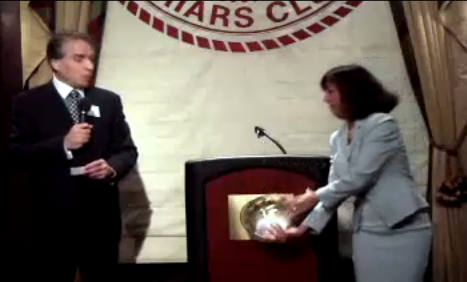If you're a speaker who presents at conferences and conventions or if you're planning a meeting you need to know what factors will impact the success of your meetings.
According to MiForum, here are the top 5 issues meeting planners face:
1: Fuel prices and their impact on travel, prices of everything (including
the food served everywhere) and the surcharges we see now on some services
and those we will see, and on staffing since many minimum wage staff can no longer
afford to work because of high transportation costs.
2: Airline schedule restructuring which is leaving many markets without service at all or with such limited service that it makes it tough to travel.
3: The economy - in the US and abroad: not only are homeowners losing homes,renters are losing the homes that the owners are losing; jobs are being cut; banks are being taken over, and on and on.
4: Govt. regs: Mostly about pharma meetings (see today's NYTimes re the
American Psychiatric Assn. -
(http://www.nytimes.com/2008/07/12/washington/12psych.html?_r=1&ref;=to
We're gonna see more of that and more industries and organizations, not just in the medical field, are going to come under scrutiny. The fall out for just APA could be a massive hit on the convention business.
5: Meeting outsourcing: It is becoming more difficult in many markets for
meeting planners to find jobs.


 Murphy's Law was in full effect. My associate and I conducted a live teleseminar together.
We rehearsed the night before using the conference service. She did a live recording of a different class the day before and it went off without a hitch. So we knew the service was reliable.
Murphy's Law was in full effect. My associate and I conducted a live teleseminar together.
We rehearsed the night before using the conference service. She did a live recording of a different class the day before and it went off without a hitch. So we knew the service was reliable.
